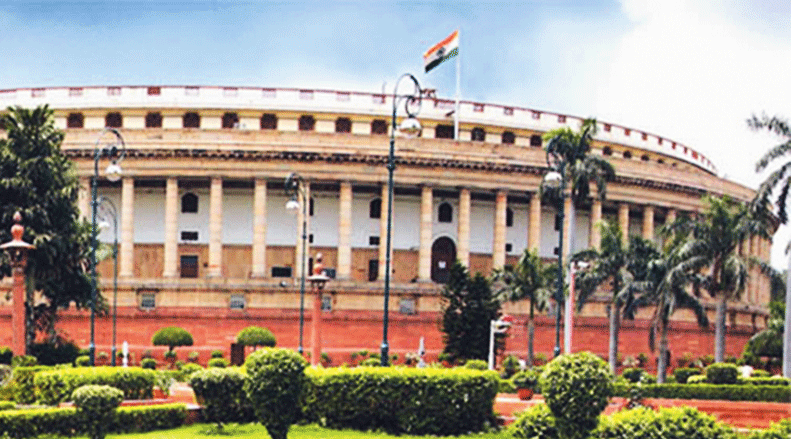The Centre on Monday admitted in Parliament that it had closed an incentive-based scheme to promote school education among Scheduled Caste and Scheduled Tribe girls because it could not address implementation issues.
In other words, a bureaucrat explained, the government could not get its officials to facilitate the scheme by doing their job, which could sometimes be as simple as certifying that the beneficiary was unmarried.
Social activists expressed dismay that the government had chosen to scrap the National Scheme of Incentives to Girls for Secondary Education (NSIGSE) for such a reason rather than take corrective measures.
Beena Pallical, secretary of the NGO National Campaign for Dalit Human Rights, said the government’s statement essentially meant that the scheme had been closed because of the government’s own fault.
“Implementation is the government’s responsibility. If there are issues, it speaks about the government’s inability to run the scheme,” she said.
She questioned the government’s political will to promote education among Dalit and tribal communities.
“The NSIGSE scheme has been discontinued w.e.f. (with effect from) the year 2018-19 due to inherent issues in the design and implementation of the scheme,” junior education minister Annpurna Devi had said in a written reply to the Lok Sabha.
“However, this ministry remains strongly committed to the education of (the) girl child, specially those belonging to SC and ST and other disadvantaged groups.”
Devi did not specify the implementation issues.
Seven Lok Sabha MPs had sought to know whether the government had “launched” the NSIGSE, the question coming 14 years after the department of school education and literacy had started the scheme in 2008-09, and three years after its closure.
Under the scheme, a “fixed-deposit account for a sum of Rs 3,000 was opened in a beneficiary girl’s name after she was promoted to Class IX. She became entitled to withdraw the money along with the interest after attaining 18 years, provided she had cleared Class X and was unmarried.
The scheme therefore sought to ensure that Dalit and tribal girls were neither withdrawn from school nor married off before 18.
Social activists said the scheme drew very few applications because awareness about it was abysmal, which they blamed on the indifference of the government and its officials and schoolteachers.
As for district authorities’ reluctance to verify beneficiaries’ single status, they wondered why this should have been a stumbling block if police verification for passport seekers and tenants, or parental income certificates for certain quota benefits and scholarships, was not.
Ashok Bharti, chairperson of the National Confederation of Dalit and Adivasi Organisations, said: “When you confront implementation issues, you need to take corrective measures instead of closing the scheme.”
He said the government could make marriage registration compulsory, bringing all marriages under a government database.
The minister said the education of the girl child was a critical component of various government schemes, and rattled off a few examples.











